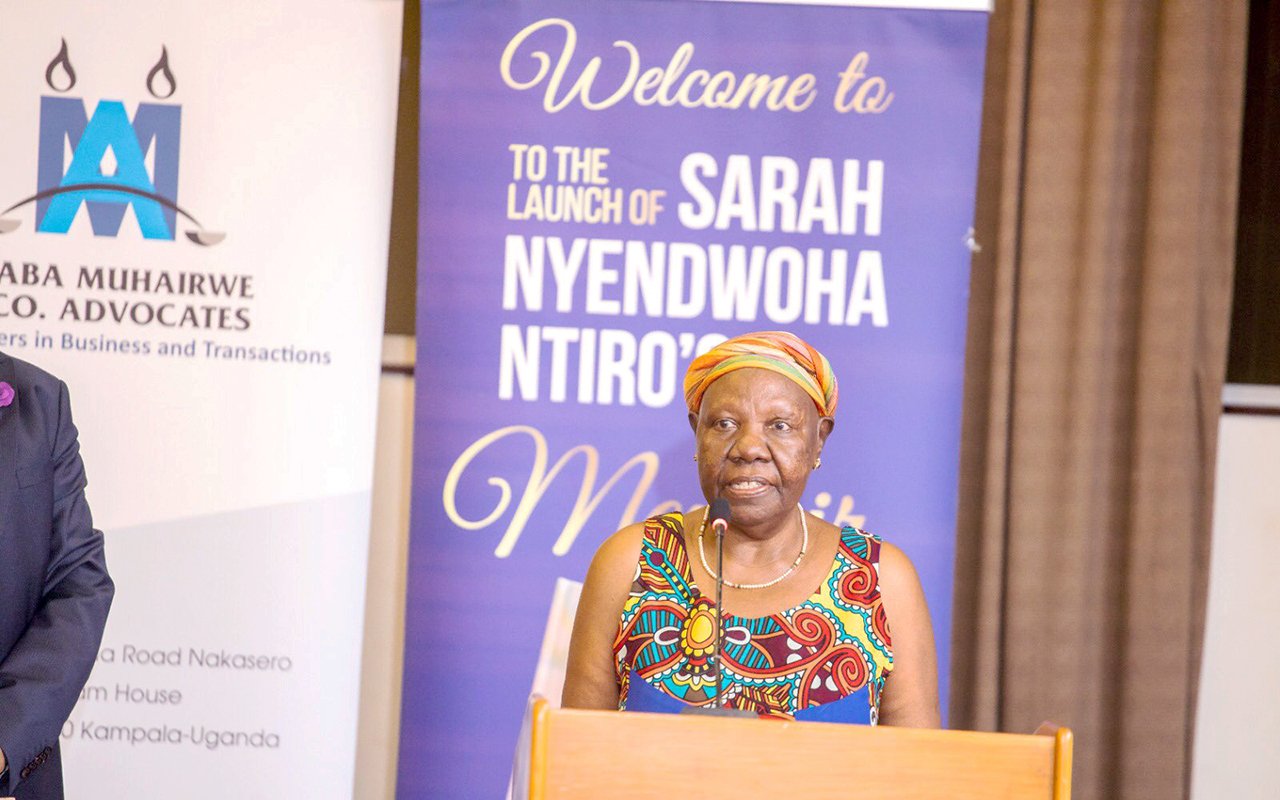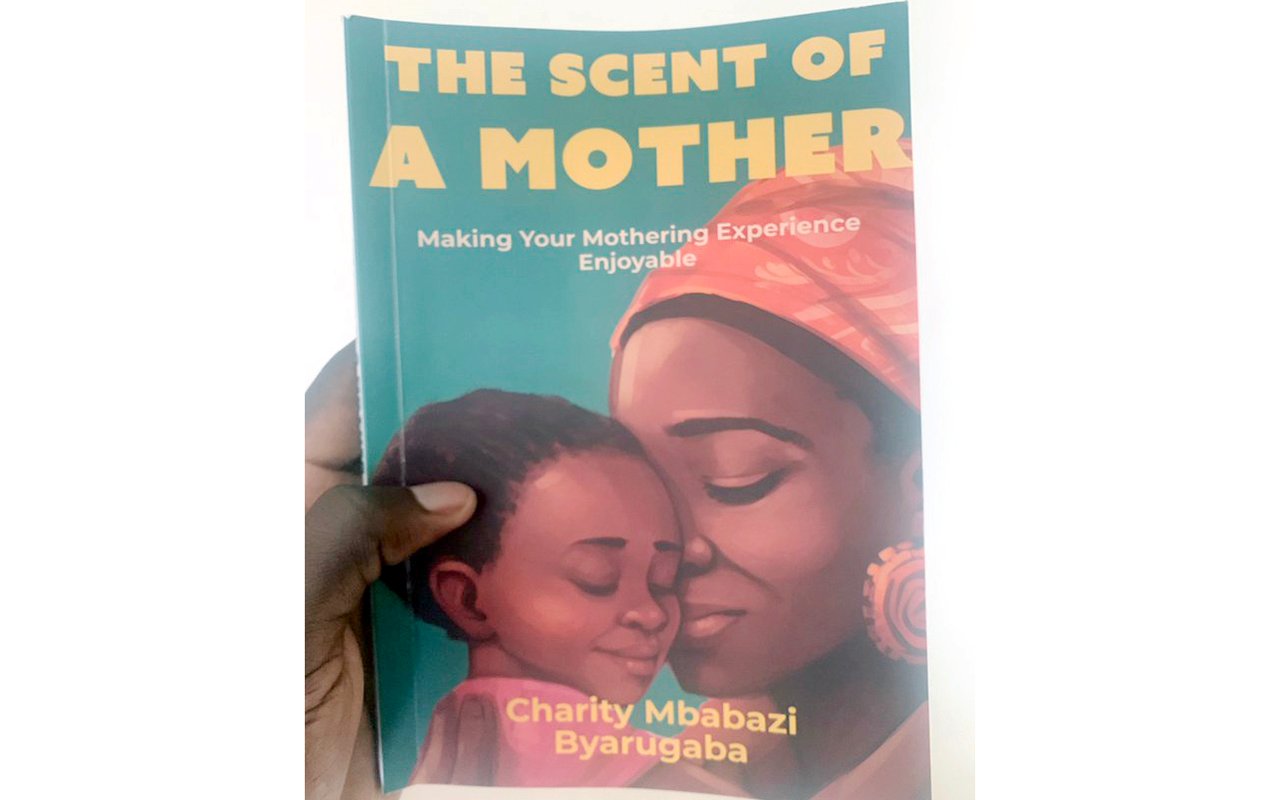
The Pathway to Greatness, authored by Rebecca Kadaga was launched last year. Photo | Courtesy
By Frank Nabwiso
I congratulate Rebecca Kadaga upon writing this book. At first, I thought the book was Kadaga’s autobiography, explaining how she was transformed from a child born in 1956 into an obscure family in Mbulamuti village in Busoga to:
(a) the first Ugandan woman to establish her own legal chambers in 1982.
(b) how she became the first President of the Federation of Women Lawyers (FIDA) in Uganda in 1980
(c) the first deputy Speaker and full Speaker of Uganda’s Parliament from 2001-2011 and from 2011-2021 respectively
(d) the first African chairperson of the Women Parliamentary Association in the Commonwealth in 2013-2016 and other important political posts within the East African Community.
Instead, the book was written in form of a textbook, giving guidelines or important steps to greatness. The author did not specifically define what greatness means,especially in Uganda’s context and who decides how someone becomes a great person. However, she clearly summarised her rationale for writing the book in the following words:
“My determination, discipline, heart of stewardship, humanitarian heart, patriotic heart, character that maximises opportunities, a spirit of getting assignments done to the benevolence of the people I serve, has (sic) helped me transcend through different and major ranks in my career. I have fully certified to the world that I have walked the pathway to greatness and carry the capacity, wisdom and moral authority to educate and coach anyone desiring to emulate the same even too much more heights that I have scaled,” the books reads in part.
Adding: “It makes me the best candidate to write such a book in such a time and such a generation and to serve as a significant tutorial and mentorship masterpiece for the generations to come.”
Underwhelming?
In other words, her book is a coaching book—full of provoking questions in some chapters, which the reader should answer for him/herself. Accordingly, the book can be treated as a handbook for self-teaching.
Each chapter starts with a relevant quotation and many of which are from the Bible and Western philosophers and authors. Not a single African proverb or adage concerning greatness or wisdom is quoted.
In brief, each of the first 15 chapters focuses on important themes or needs. However, it is only Chapter 16 which gives a brief autobiography of Kadaga’s life from 1956 to 1979 when she completed her law courses.
Revisionism?
Interestingly, Kadaga avoided reference to her stint in UPC and later NRM politics, which she suckled and flourished in for the last 35 years from 1989, when she first became the Woman Member of Parliament for Kamuli District. She did not say anything about her role in the piecemeal retraction of Uganda’s 1995 Constitution through the removal of presidential term and age limits in 2005 and 2017 respectively. She does not tackle how they have retarded Uganda’s progress to democracy and good governance.
She chose to keep mute on the events which led to cancellation of Busoga University’s operating license in December 2016, when she was the chairperson of the university council and why that university has not been resurrected.
In my opinion, her major life experiences should have been interwoven with the messages in her book. My last questions are as follows: Why did she not dedicate her book to her voters in Kamuli District as part of her success story? Why does the book’s back cover-page give the impression that she studied for her honorary LLD at Nkumba University, when such degrees are awarded on distinguished service to fellow human beings and not the awardee’s performance in university courses? Why are the book reviewers not mentioned?

